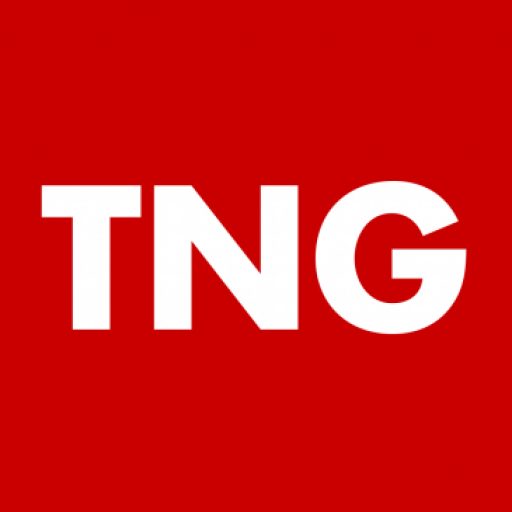The Federal High Court in Lagos has consolidated the alleged $2 million money laundering trial of former Vice-President Atiku Abubakar’s lawyer, Uyiekpen Giwa-Osagie, with the alleged $140,000 laundering case of his son-in-law, Abdullahi Babalele.
Both cases will now be prosecuted by the Economic and Financial Crimes Commission (EFCC) before the same judge, Justice Chukwujekwu Aneke.
Uyiepken and his younger brother, Erhunse Giwa-Osagie, were arraigned before a vacation judge, Justice Nicholas Oweibo, on August 14, 2019, on a three-count charge of conspiracy and laundering of $2 million. They pleaded not guilty to the charge. Upon resumption from the court’s long vacation, the EFCC re-arraigned both men before Justice Chuka Obiozor, on the same charge.
Babalele is standing trial before Justice Aneke for allegedly laundering $140,000 in the build-up to the 2019 presidential election.
The Giwa-Osagies told Justice Obiozor that they had written a letter to the Federal High Court’s Chief Registrar for a consolidation of the charge with Babalele’s.
After taking their pleas, Justice Obiozor granted them bail and returned the case file to the court’s registry. The Chief Registrar has now reassigned the case to Justice Aneke.
The Giwa-Osagies will now be arraigned – a third time – on January 14, 2020, before Justice Aneke.
The offences, according to the commission, contravenes sections 18(c), 18(a), 1(a), 16(1)(d) of the Money Laundering (Prohibition) Act, 2011, as amended, and are punishable under Section 16, 16(2)(b)16(2)(b) of the same Act.


